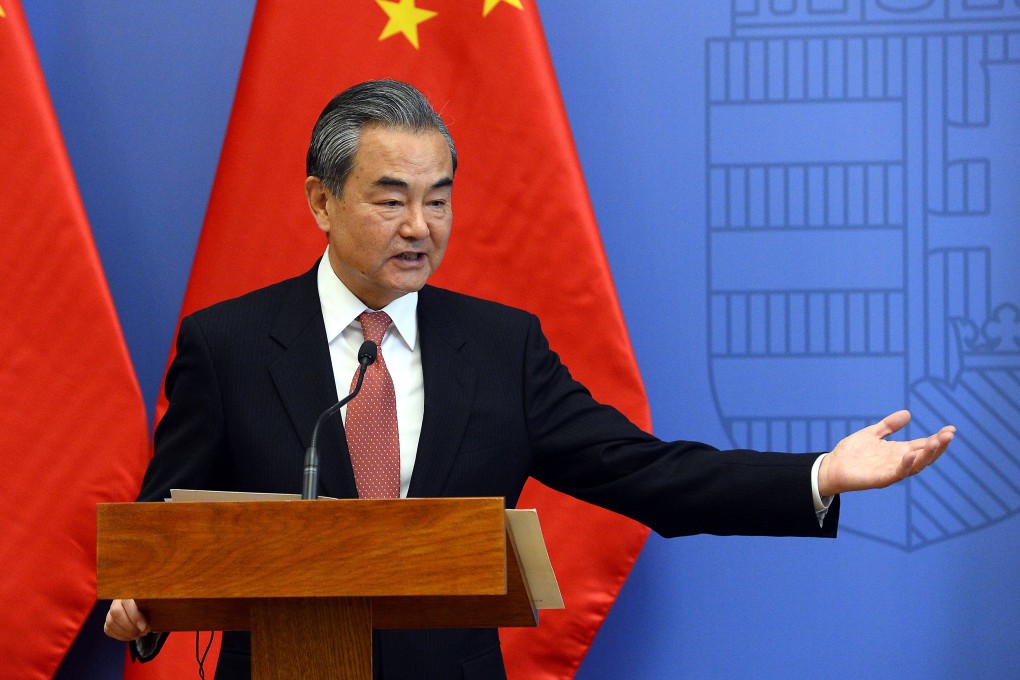Chinese foreign minister to visit North Korea ahead of possible fifth trip to China by Kim Jong-un in October
- Three-day trip is ‘an important follow-up action for China and the DPRK to implement the consensus of top leaders ... and promote bilateral relations’, ministry spokesman says
- China ‘willing to play a constructive role in realising the denuclearisation of the [Korean] peninsula’

Chinese Foreign Minister Wang Yi will travel to North Korea next week ahead of a possible fifth visit to China by the leader of the hermit state, Kim Jong-un, in October.
Foreign ministry spokesman Geng Shuang said Wang would visit Pyongyang from Monday to Wednesday at the invitation of his North Korean counterpart, Ri Yong-ho.
“Wang’s visit is an important follow-up action for China and the DPRK to implement the consensus of the top leaders of the two parties and the two countries, and promote the development of bilateral relations,” Geng said on Friday, using the abbreviation for North Korea’s official name, the Democratic People’s Republic of Korea.
“We are also willing to play a constructive role in realising the denuclearisation of the peninsula, and long-term peace and stability in Northeast Asia,” he said.
Wang and Ri are expected to discuss a number of issues affecting the Korean peninsula, including denuclearisation, as Beijing looks to reaffirm its influence in the region amid a bitter trade dispute with the United States.